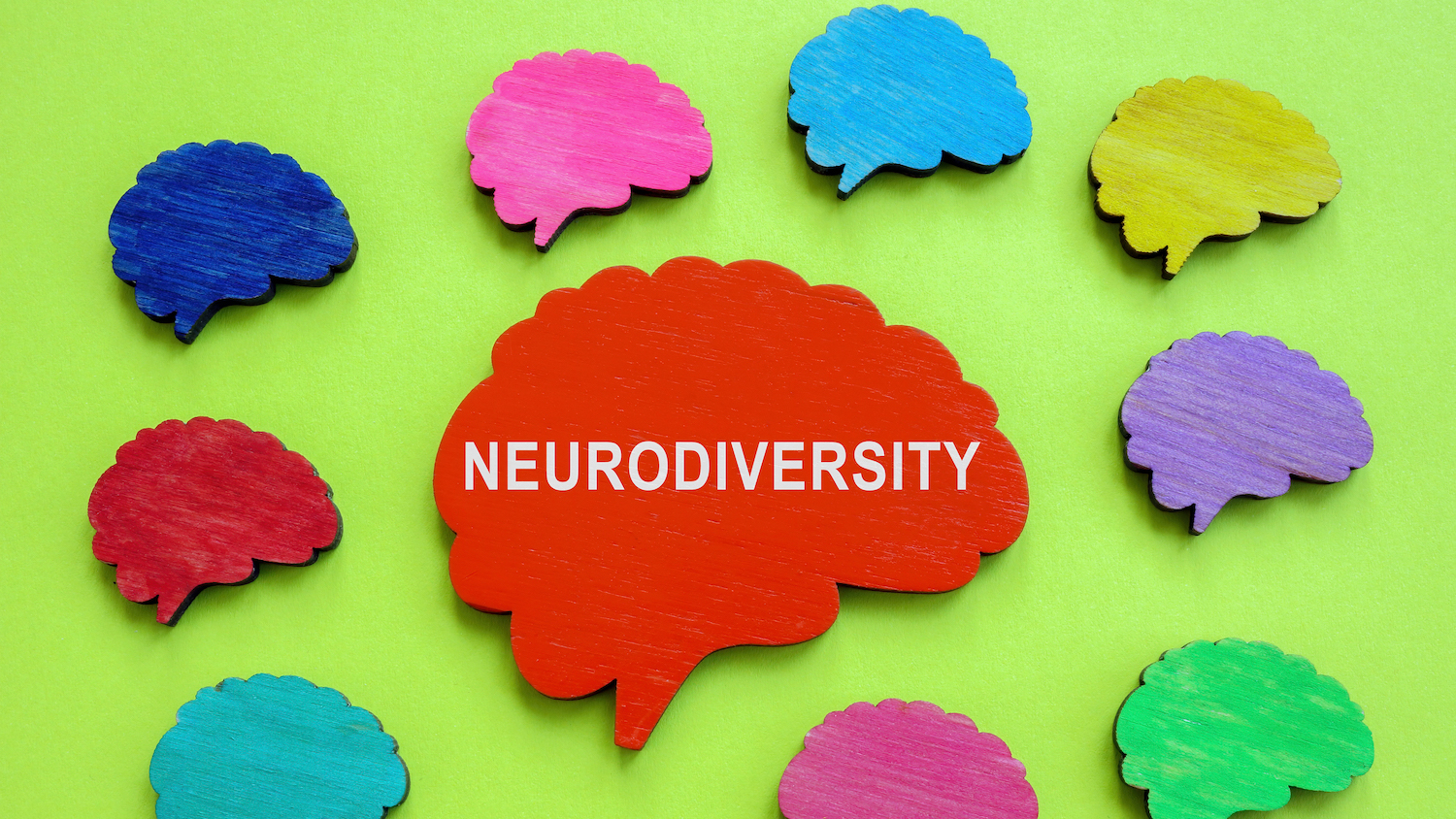
Neurodiversity: fostering inclusion and innovation in the workplace
With one in four construction workers identifying as neurodiverse, according to research from the National Federation of Builders, businesses must take action to ensure everyone thrives at work
In today’s rapidly evolving work landscape, the importance of diversity and inclusion is widely acknowledged.
Many organisations are making great strides to create inclusive workplaces – something we see at CHAS with the increasing number of organisations taking the CHAS Fairness Inclusion and Respect Growth Assessment*.
However, one aspect that deserves more attention is neurodiversity.
Neurodiversity refers to the natural variation in neurological traits, encompassing conditions such as autism, ADHD, dyslexia and more.
Recognising and supporting neurodiversity in the workplace not only promotes social equity but also brings varying perspectives and talents to the forefront, which can help to foster innovation and success.
Neurodivergent individuals often possess unique problem-solving abilities and creative thinking, which can lead to innovation and the development of novel solutions to complex challenges
Understanding neurodiversity
Neurodiversity challenges the traditional notion that neurological differences are inherently negative or should be "fixed". Instead, it emphasises the idea that these differences are part of the natural spectrum of human variation.
Just as no two people are exactly alike in terms of personality or skillset, no two individuals share identical neurocognitive traits.
Supporting neurodiversity means acknowledging that people with neurological differences have valuable strengths and abilities.
For instance, individuals with autism often excel in attention to detail, pattern recognition and logical thinking, making them valuable contributors to fields such as data analysis, software development and quality assurance.
Those with ADHD may demonstrate exceptional creativity, adaptability and problem-solving skills, which can be harnessed in roles involving innovation and strategic planning.
Creating a neurodiverse-friendly workplace
There are several steps that businesses can take to ensure their workplaces support workers with a variety of neurological traits. Suggestions include:
- Raise awareness Raising awareness and promoting understanding of neurodiversity in the workplace can be a useful first step. Providing training and resources to educate employees about neurodiversity will help to dispel myths and stereotypes, while encouraging open conversations can help to destigmatise neurological differences.
- Review recruitment practices Ensure that your recruitment strategies attract neurodiverse talent. Interview processes should assess candidates based on skills and competencies rather than traditional social norms.
- Offer flexible work arrangements Neurodivergent individuals may have unique work preferences and sensory sensitivities. Offering flexible work arrangements, such as remote working or flexible hours, can help neurodivergent employees perform at their best. Assistive technology, communication aids or extended deadlines are other measures to consider.
- Provide a sensory-friendly environment Consider sensory-friendly workplace adaptations such as reducing noise, providing quiet spaces and using natural lighting. Allow employees to personalise their workspace to accommodate sensory needs, such as via noise-cancelling headphones or fidget tools.
- Communicate clearly Ensure that communication within your organisation is clear and concise. Use visual aids and written instructions alongside verbal communication to cater to different learning styles.
Benefits of neurodiversity in the workplace
Supporting neurodiversity in the workplace can benefit a business in several ways.
Neurodivergent individuals often possess unique problem-solving abilities and creative thinking, which can lead to innovation and the development of novel solutions to complex challenges.
There can also be a positive impact on productivity and job satisfaction, leading to higher retention rates and reduced turnover costs.
In addition, a neurodiverse workforce brings diverse perspectives and insights to the table, contributing to more well-rounded decision-making and problem-solving.
And there’s no doubt that demonstrating a commitment to neurodiversity in the workplace enhances an organisation’s reputation as an inclusive and socially responsible employer.
Supporting neurodiversity in the workplace is not just an ethical choice; it’s a strategic one.
By recognising and embracing the strengths of neurodivergent individuals, organisations can foster an inclusive culture that promotes innovation, productivity and overall success.
*The CHAS Fairness, Inclusion and Respect Growth Assessment has been developed in partnership with major construction clients, contractors and the Supply Chain Sustainability School. Endorsed by the Construction Leadership Council, the assessment demonstrates an organisation’s commitment to making workplaces better for everyone and provides a structured way to develop and embed a culture of fairness, inclusion and respect in your company.
Alex Minett is head of global new markets at CHAS.
Comments
Comments are closed.







Wonderful article, very well said. Thank you, a parent of an ASD child. We need to harness their talents and also prepare the next generation for a better world, where flexibility and acceptance will bring a lot more fulfilment and enjoyment at work. Thanks again, G